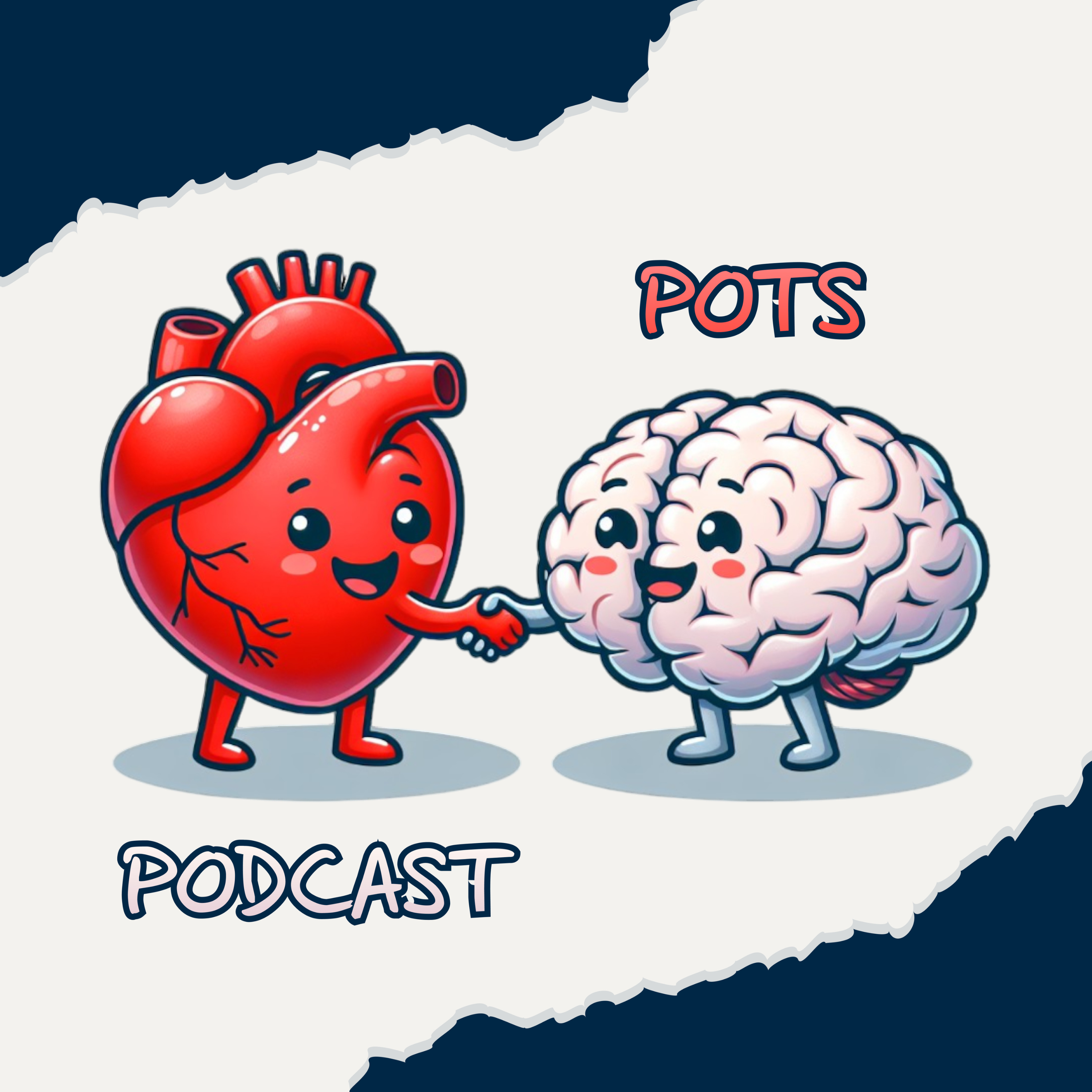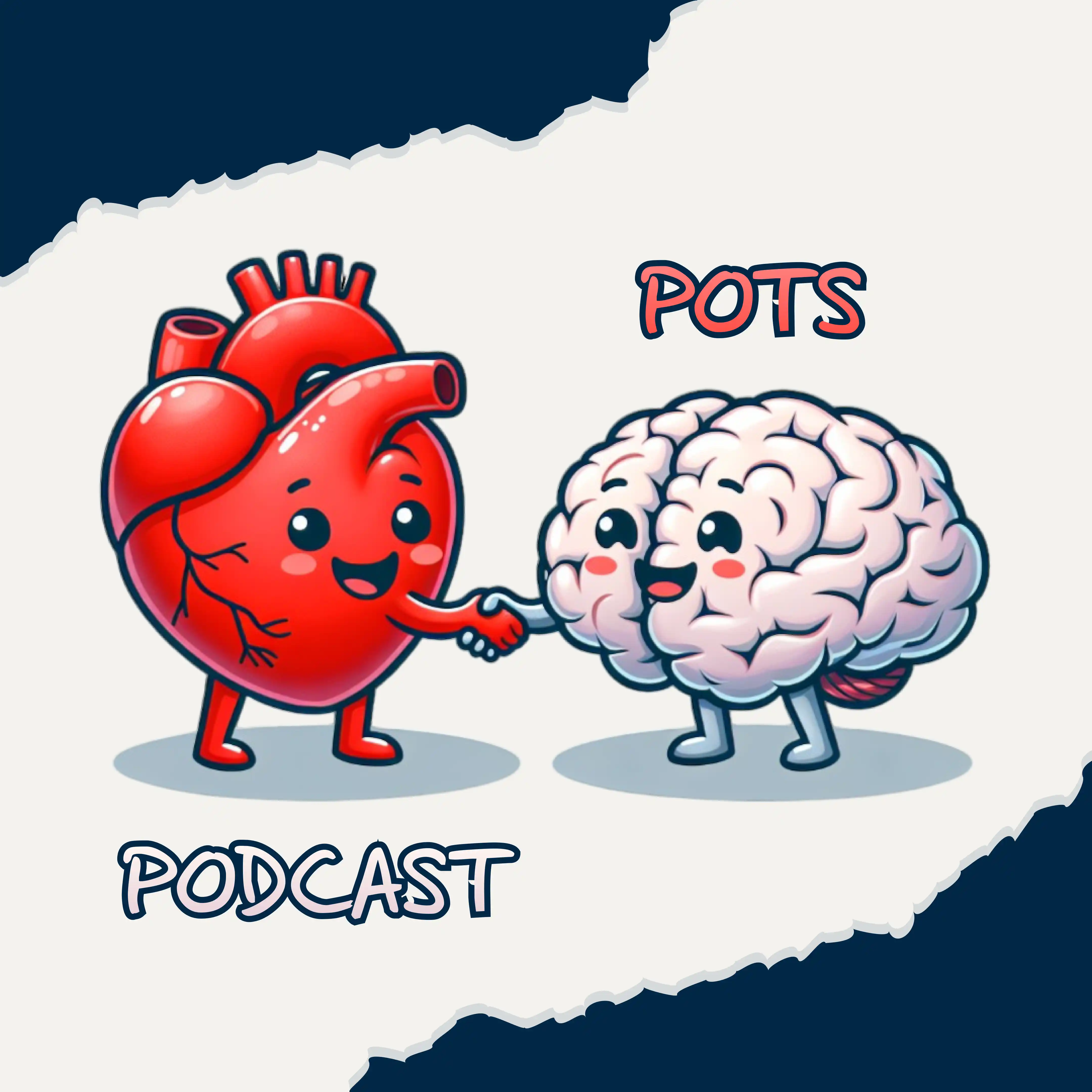
Uncovering the Enigma of POTS: A Neurological Odyssey
The inaugural episode of Dr. Joseph Schneider's "My POTS Podcast" explores the complex neurological conditions impacting countless patients. Dr. Schneider and his co-host Joseph Quirk unravel the devastating effects of Postural Orthostatic Tachycardia Syndrome (POTS), from brain inflammation to autonomic dysfunction. They discover the hidden triggers behind these disorders, including pathogens like COVID-19, viral infections, and environmental toxins. Learn about the cutting-edge approach of the Hope Brain and Body Recovery Center, which aims to rehabilitate the brain and restore patients' quality of life. Understanding the role of neuroinflammation in brain fog, memory loss, and systemic dysfunction across all ages offers a beacon of hope and a roadmap to potentially reversing neurological challenges. Connect with Dr. Joseph Schneider: Website: Hope Brain and Body Recovery Center LinkedIn: Joseph Schneider YouTube: hopebrainbodyrecoverycenter Instagram: @hopebraincenter_ Facebook: Hope Brain and Body Recovery Center
Description:
The inaugural episode of Dr. Joseph Schneider's "My POTS Podcast" explores the complex neurological conditions impacting countless patients. Dr. Schneider and his co-host Joseph Quirk unravel the devastating effects of Postural Orthostatic Tachycardia Syndrome (POTS), from brain inflammation to autonomic dysfunction. They discover the hidden triggers behind these disorders, including pathogens like COVID-19, viral infections, and environmental toxins. Learn about the cutting-edge approach of the Hope Brain and Body Recovery Center, which aims to rehabilitate the brain and restore patients' quality of life. Understanding the role of neuroinflammation in brain fog, memory loss, and systemic dysfunction across all ages offers a beacon of hope and a roadmap to potentially reversing neurological challenges.
Connect with Dr. Joseph Schneider:
Website: Hope Brain and Body Recovery Center
LinkedIn: Joseph Schneider
YouTube: hopebrainbodyrecoverycenter
Instagram: @hopebraincenter_
Facebook: Hope Brain and Body Recovery Center





Comments